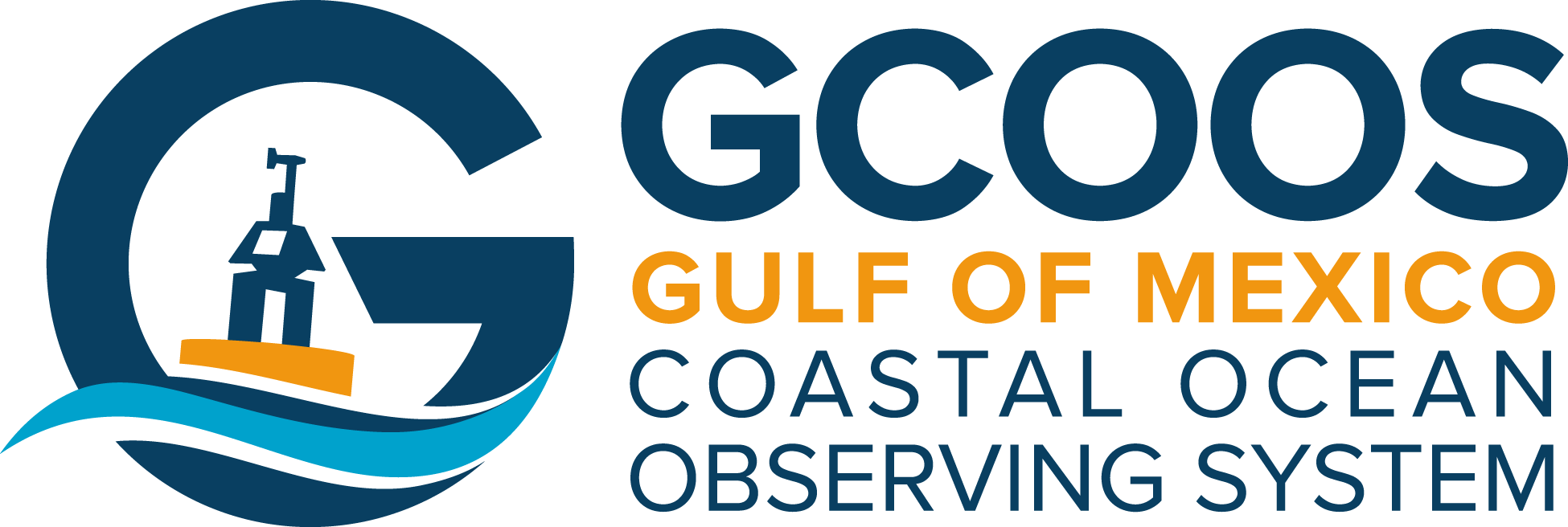Newswise — Are you a Gulf Coast beach goer? If so, the Gulf of Mexico Coastal Ocean Observing System (GCOOS) wants to hear from you.
GCOOS and Mississippi State University have developed a short survey to query the public — especially residents in Mississippi, Alabama, Louisiana, Texas and Florida — about:
- How often they visit beaches;
- The beaches they visit;
- What information they’d like to have about beach conditions before making a trip to the beach;
- How much they might pay for an app that would give them better information.
Take the survey at https://goo.gl/a9K8X7, and when you’re finished please share the link with others.
As the only certified organization responsible for collecting and disseminating data covering the entire Gulf of Mexico, GCOOS provides a wide array of science-based information to the public, private sector and local, state and federal resource managers. It has a long history of engaging stakeholders in helping us identify tools and public information needs.
In 2016, representatives from all sectors identified the need to provide a more comprehensive information system with data about beaches in all Gulf states and GCOOS made that a priority in its 2017-2022 Strategic Plan.
The results from this survey will help GCOOS develop a more comprehensive beach reporting system that includes information about beaches in all Gulf states.
Currently, only Texas and Florida’s Gulf Coast provide information on beach conditions. In Texas, the Texas General Land Office supports TexasBeachWatch.com, which provides information on water quality conditions — particularly bacteria levels — at beaches being sampled under the Texas Beach Watch Program. In Florida, Visitbeaches.org and the Beach Condition Reporting System app for smartphones — operated by Mote Marine Laboratory —provides beach conditions reports from select beaches in the Southwest coast of Florida and the Florida Panhandle. Both systems are free to the public (and will remain so).
The expanded system envisioned by GCOOS will create a data hub that merges a variety of information streams focused on beaches into a centralized portal for ease of access and use. This hub would likely include information on water quality — including bacterial counts and the presence of harmful algal blooms — as well as rip currents, freshwater plumes and other data.
“Our goal is two-fold,” said Dr. Barbara Kirkpatrick, GCOOS Executive Director and the creator of the Florida beach conditions reporting system. “One: there is a lot of information collected about beaches in each state along the Gulf Coast. But it’s often difficult to find or not centralized. Resource managers — the people whose job is to maintain a healthy environment — would be better able to accomplish their goals by having a one-stop shop for beach data, especially as environmental parameters change over time. And two: We believe having a centralized location about beach conditions will help ensure that the public has better and more enjoyable days at the beach.”
Dr. Daniel R. Petrolia, Associate Professor of Agricultural Economics at Mississippi State University developed the survey. “More responses will help give us a better picture of how the information we provide is being used, so we hope everyone helps to spread the word about the survey and shares the link with family and friends,” he said. “After all, doesn’t everybody want to have a great day at the beach?”
